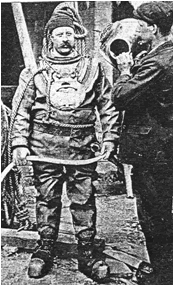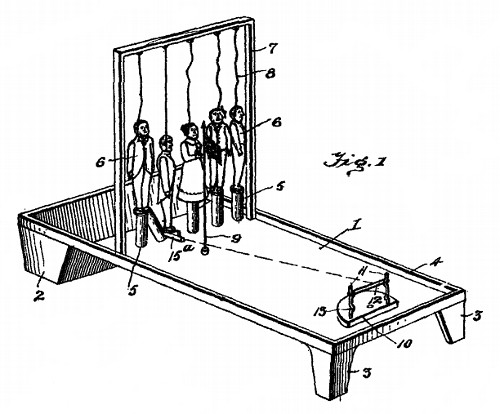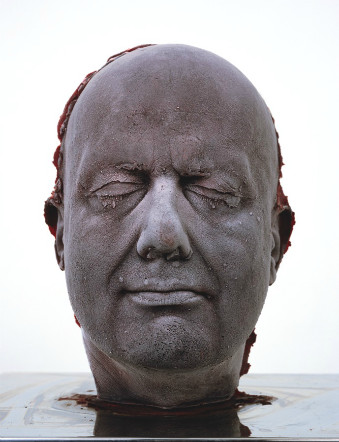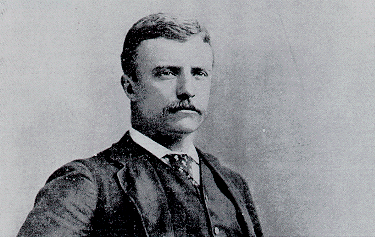
By 1905 parts of Winchester Cathedral were in danger of collapse — the 13th-century builders had rested their structure on a bed of peat, which had been sinking under continuous pressure of 40 tons per square foot. In order to shore up the building, diver William Walker was enlisted to work in the church’s flooded foundations, replacing the peat with sacks and bricks of concrete.
Walker worked in total darkness for more than five years, from 1906 to 1911, handling an estimated 25,800 bags of concrete and 114,900 concrete blocks while wearing a suit that weighed nearly 200 pounds. “In addition,” notes the cathedral’s booklet, “as he was working in a graveyard, there was some risk of infection. However, Walker seems to have regarded his pipe as his sovereign remedy against all possible ills and immediately on his return to the surface, he always lit his pipe.”
As he worked, the business of the cathedral went on as usual. A journalist for the Standard described the scene in 1906: “The last Amen is sung, and the choir and clergy pass slowly and silently into the vestry. Outside the foreman blows his whistle. The great helmet of the diver with its staring goggle eyes, appears above the brink of the shaft, and the diver is helped out of his slimy, dripping shell. And soon choristers and workmen mingle beneath the shadow of the Cathedral.”
When the work was completed in 1912 Walker received the thanks of the king and was appointed a member of the Royal Victorian Order. During World War I a memorial tablet was laid in his honor on the cathedral’s west wall, and a statue of the diver was unveiled in 1964. On a BBC memorial program in 1956, Walker’s assistant William West was asked to remember him. “I think his habits was like mine,” he said. “He was fond of a smoke and when he come up, spell sometime, somebody told him about germs, which didn’t worry him. And he say: ‘Where’s my pipe? Don’t lay it down there.'”









